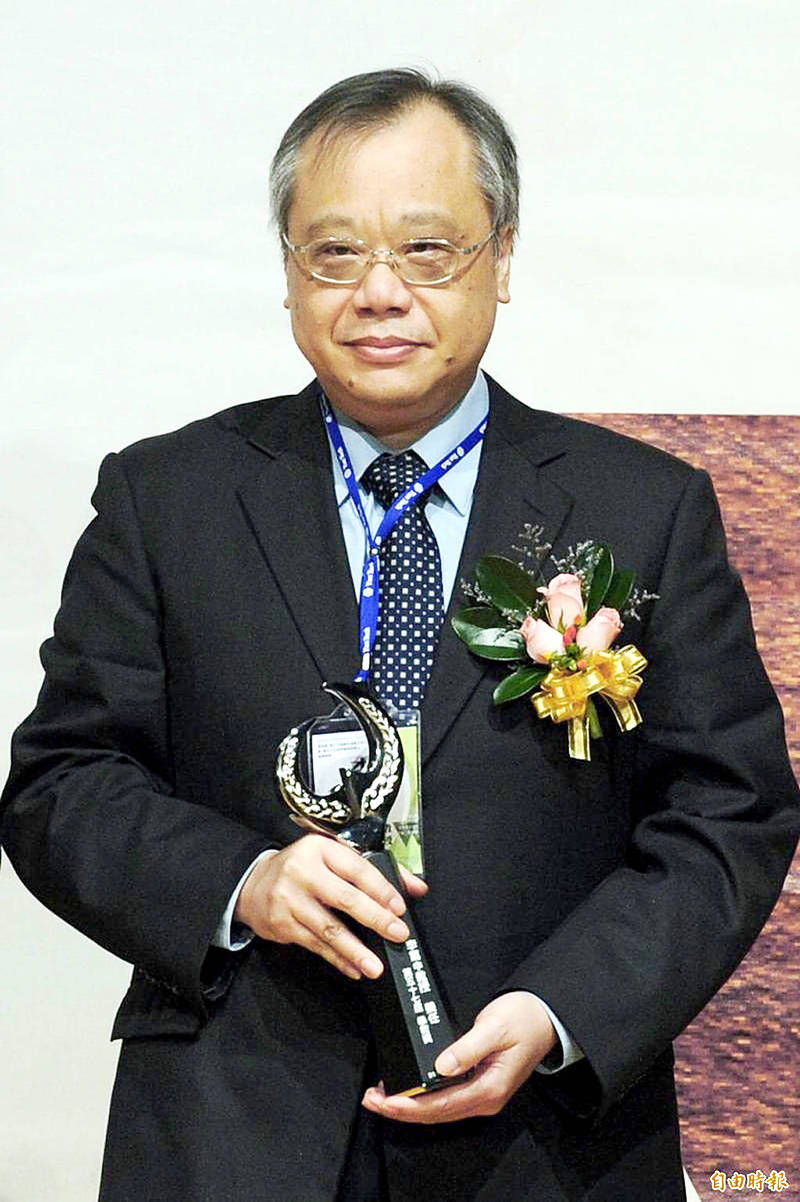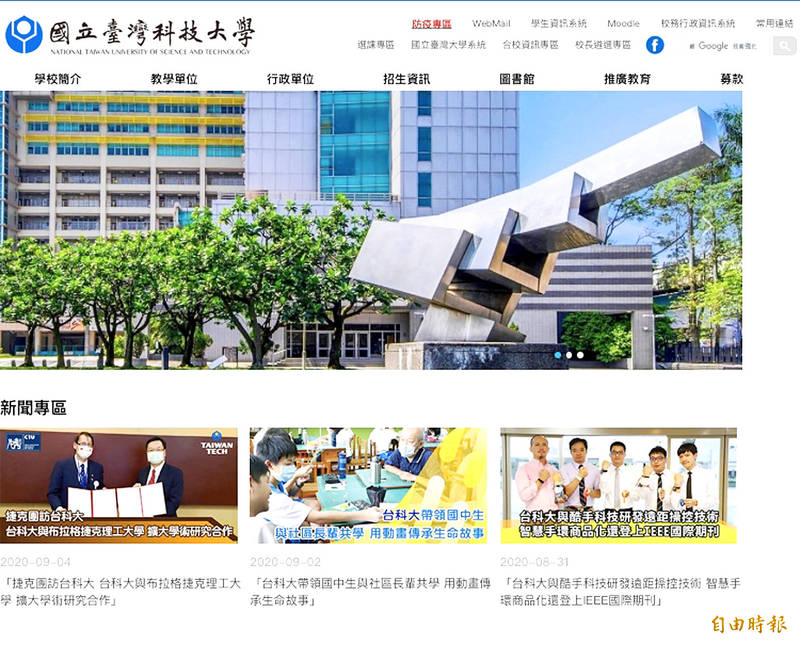《TAIPEI TIMES》 NTUST candidate drops out of race

National Taiwan University professor Lee Duu-jong is pictured in this undated photo. Photo: Taipei Times file photo
WORKING OVERTIME? NTU professor Lee Duu-jong denied that he had held a part-time position at a Chinese university or joined China’s Thousand Talents Program
By Wu Po-hsuan and Jake Chung / Staff reporter, with staff writer
A candidate for the post of National Taiwan University of Science and Technology (NTUST) president yesterday dropped out of the race following a report questioning his links to Chinese academia and government programs.
Lee Duu-jong (李篤中), a professor at National Taiwan University’s (NTU) chemical engineering department, was a member of China’s Changjiang Scholars’ Program in 2006 and was on the list of its Thousand Talents Program in 2017, a report by Chinese-language Mirror Media magazine said yesterday.
The article said that Lee is suspected of having held a part-time job at the Harbin Institute of Technology in China and was the recipient of as much as 6.5 million yuan (US$958,000) in Chinese research grants.
Lee, who had previously served as NTUST vice president, issued a statement denying that he had held a part-time position in China.
The NTUST had looked into the matter and confirmed that he was not listed under the Thousand Talents’ Program, he said, adding that all his research collaborations in China and across the world were in full compliance with Ministry of Education regulations.
NTUST professors urged the ministry to clarify regulations to prevent a repeat of the NTU debacle.
From 2018 to January last year, the NTU’s presidential seat was left vacant as the ministry refused to recognize the validity of the election of Kuan Chung-ming (管中閔), citing a conflict of interest and allegations that he had held positions at Chinese universities.
Despite the controversy, Kuan took office as NTU president in January last year.
The ministry yesterday reiterated an Executive Yuan statement in 2018 that employees at universities, as well as public and private research facilities, cannot take part in projects funded by the Chinese government, including the Thousand Talents Program and its subsequent Ten Thousand Talents Program.
This is a standing policy that has been communicated to universities nationwide multiple times, the ministry said in a statement.
It urged the NTUST presidential review committee to ask Lee to provide details to address these issues.
It also asked NTU, Lee’s current employer, to convene a committee to determine whether he had contravened regulations on taking a post at a Chinese university.
The ministry’s statement said that academics who have not obtained approval before taking a position at a Chinese university would be in contravention of the Act Governing Relations Between the People of the Taiwan Area and the Mainland Area (台灣地區與大陸地區人民關係條例), or Article 34 of the Act Governing the Appointment of Educators (教育人員任用條例).
A Central News Agency report said that the ministry declined to respond to its questions on whether it has a list of Taiwanese academics on the Changjiang Scholars’ Program or the Thousand Talents Program.
The ministry also remained silent on whether there was precedent to college presidents retaining a part-time job in China and what ministry processes were involved in making such identification.
China’s Taiwan Affairs Office spokesperson Zhu Fonglian (朱鳳蓮) said that as of November last year, there were 72 academics listed on the Thousand Talents Program, and there were 1,600 Taiwanese teachers employed in Chinese schools.
The Thousand Talents Program was an initiative launched by Beijing in 2008 to attract top academics and scientists from abroad. It has recently attracted controversy amid reports that it encourages intellectual property theft by program participants to boost development of emerging technologies and industries in China.
Additional reporting by CNA
新聞來源:TAIPEI TIMES

The home page of National Taiwan University of Science and Technology’s Web site is pictured in this screengrab captured yesterday. The university in Taipei has launched a selection process for its new president. Photo: Rachel Lin, Taipei Times


















